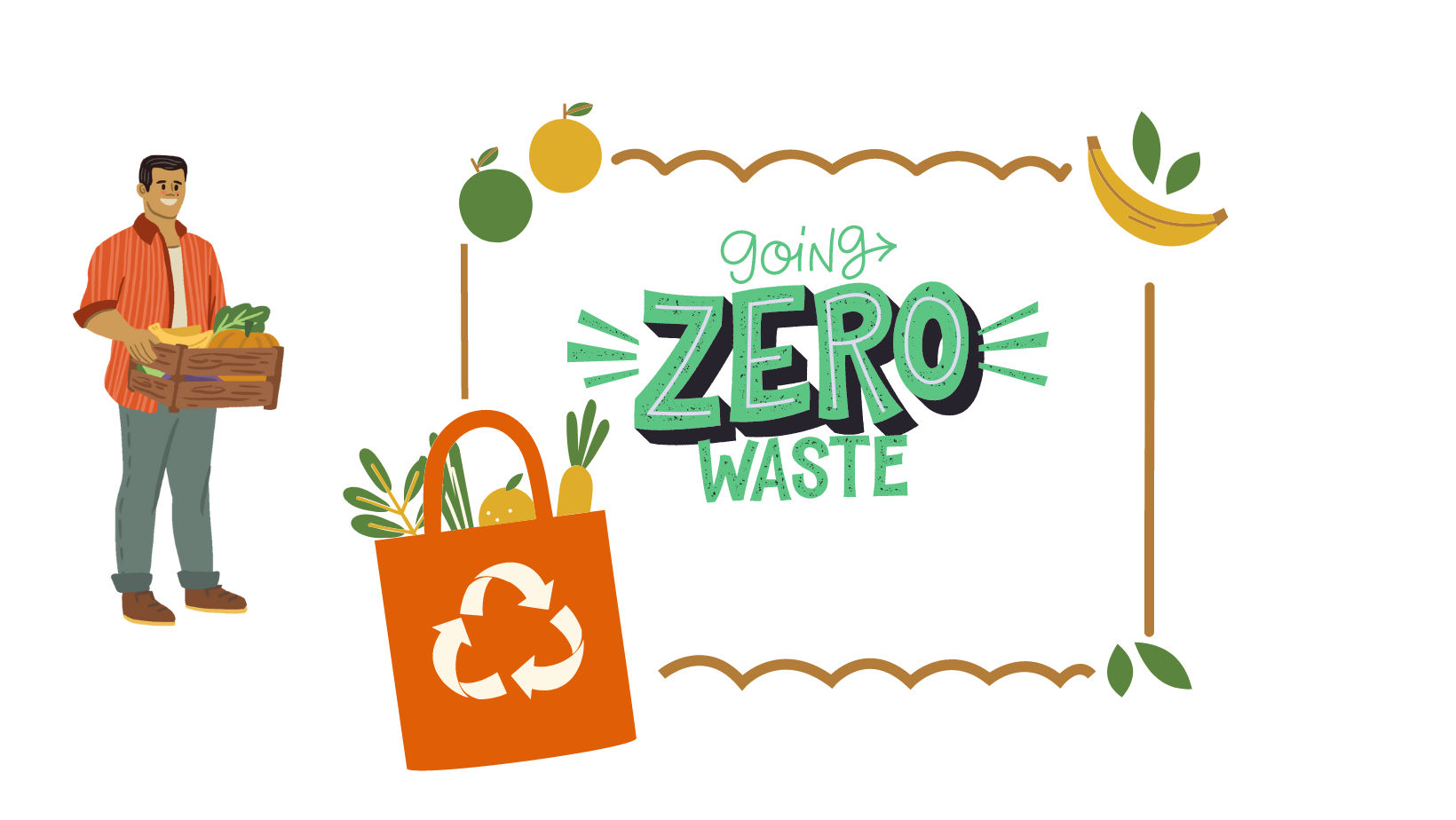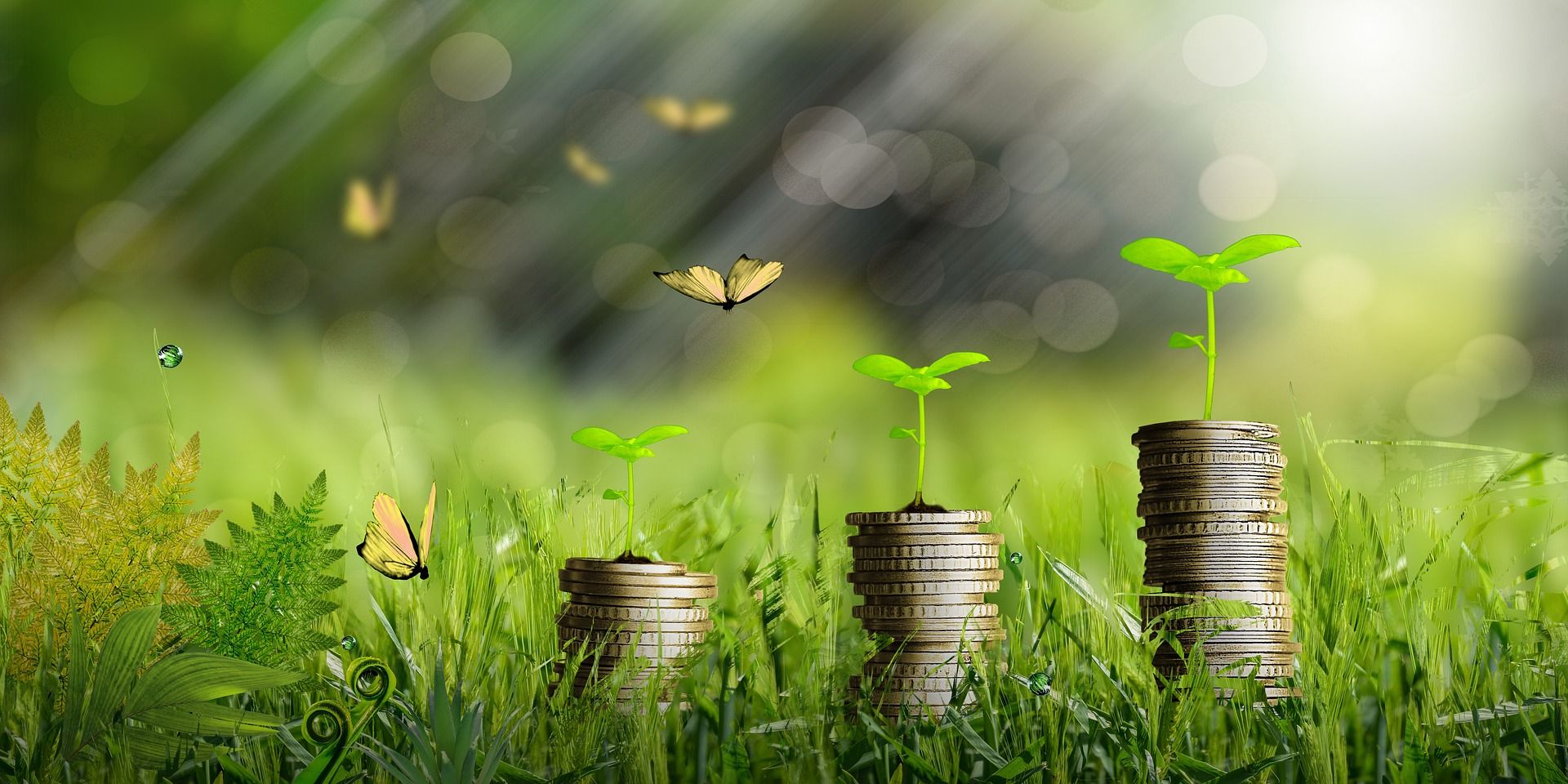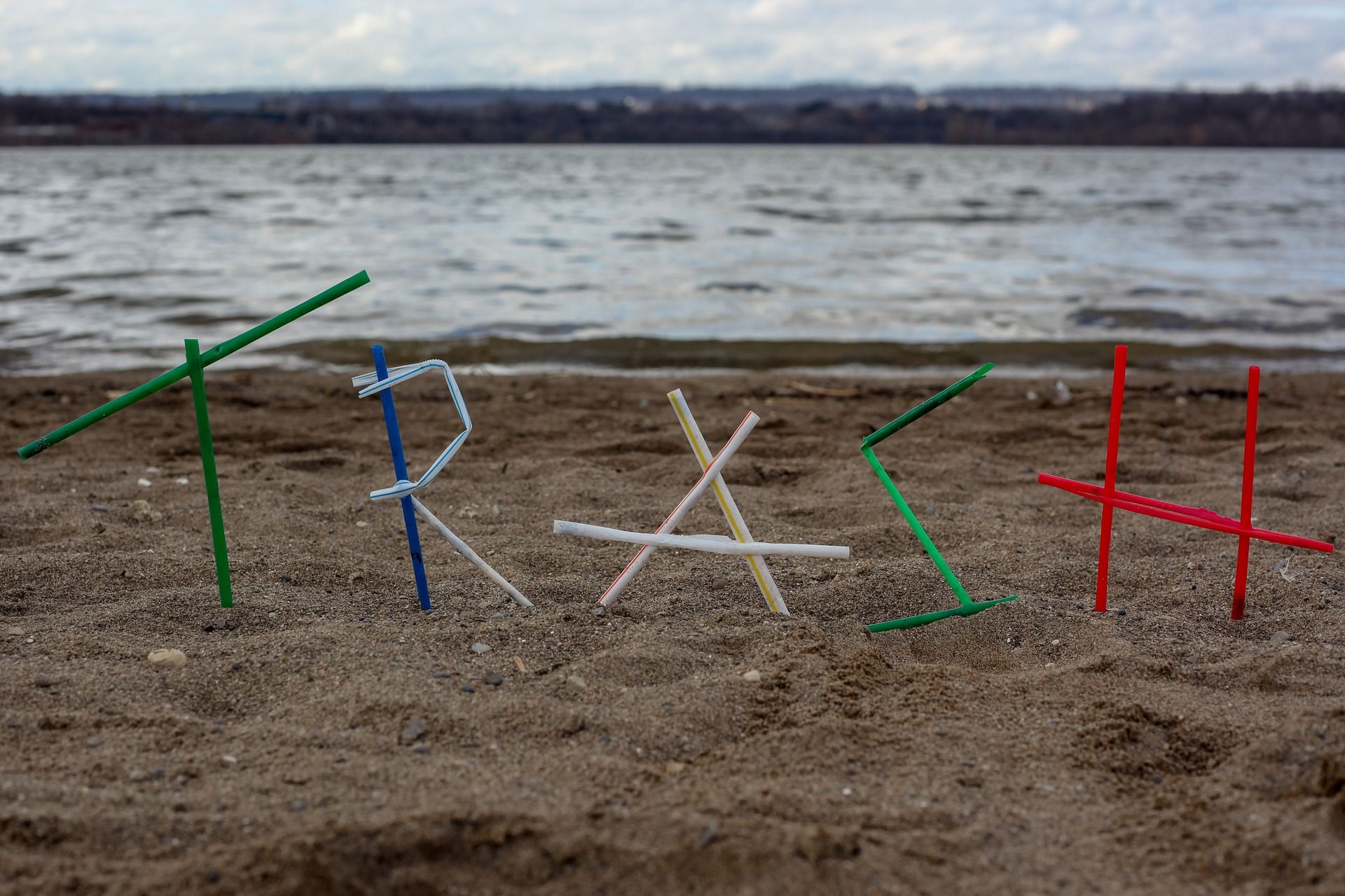Strolling on the serene white sandy beaches and walking into the ocean at low tide is a popular tourist activity on the Kenyan coast. You're usually not alone. You're accompanied by marine plants and animals such as seaweeds, sea urchins, and brittle stars as you move into the ocean from the shoreline. The biodiversity increases as you walk further into the ocean.

Hermit crabs are noticeable from the rocky shores to about 250 meters into the ocean (part of the intertidal zone). You'll also see a lot of shells in this zone. Please DON'T pick them. The shells are vital for the survival of the hermit crab population. Hermit crabs have soft bodies that make them vulnerable to their surroundings.
Hermit crabs live inside empty shells for protection, carrying them everywhere. They move to a bigger one once they outgrow their shell. Scientists have observed hermit crabs queuing to swap shells, as seen in the video below.
Hermit crabs play a critical role in the marine ecosystem, cleaning up by eating dead plants and animals. They are omnivore scavengers. The Kenya Wildlife Service (KWS),a state corporation tasked with conserving and managing conservation areas under its jurisdiction, addresses the issue of shell picking through the KWS wildlife marine code.
It reads," Do not remove shells, starfish, or any other sea – flora or fauna. Removal is illegal, seriously disrupts the ecosystem, and some marine life is dangerous. The areas outside the parks and reserves are threatened by excessive shell collection. Empty shells provide homes for hermit crabs and some fish.
Do not buy shells and other marine animal products as souvenirs as this encourages further plundering of the reefs and beaches".
Here's a little fellow we picked up about 200 meters into the ocean. KWS advises against picking items in the ocean as they may be dangerous. We've got a bit of experience in marine biology, so we carefully handled organisms in the intertidal zone. All of them were safely returned to the ocean.

Embrace sustainable tourism practices and tembea Kenya responsibly. Leave footprints only.
*Don’t be mean. Be green. *




















